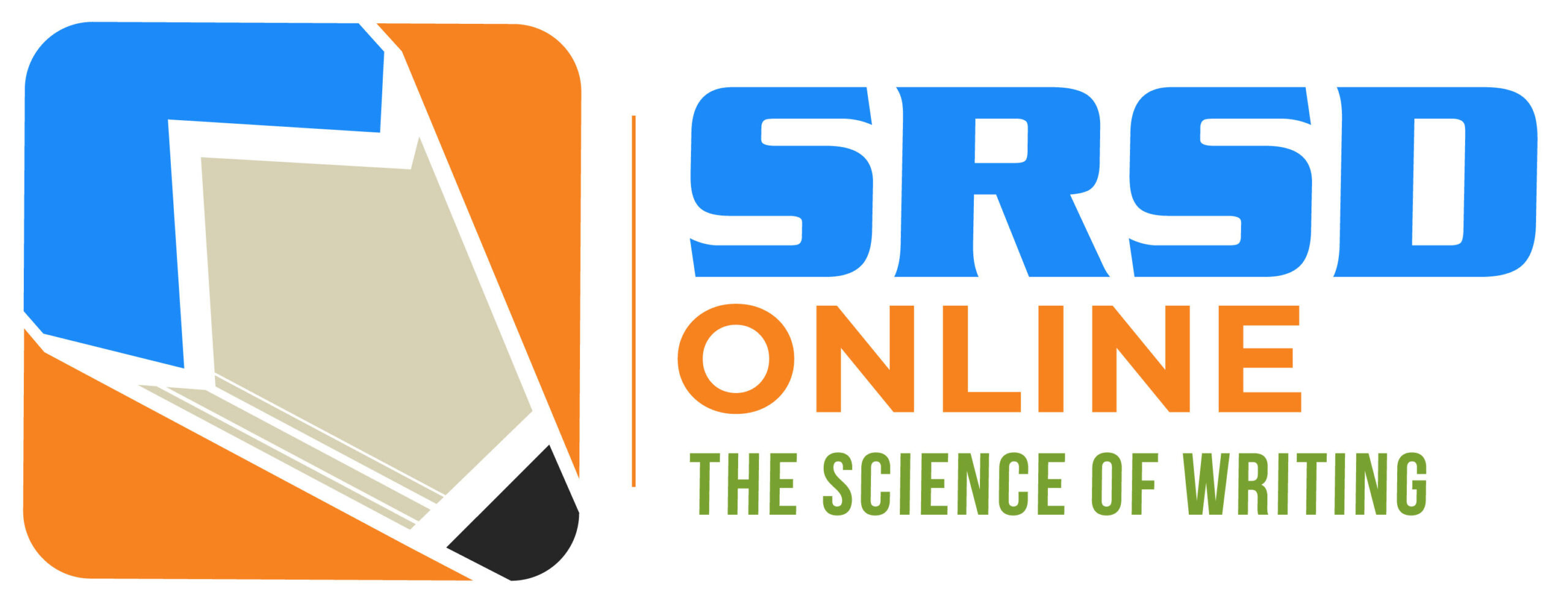Michael Hebert is an SRSD researcher with interests in reading and writing development, how writing instruction influences reading development, and the identification of effective "writing to read" practices.
Michael Hebert Biography
Michael Hebert, Ph.D., is an assistant professor in the Department of Special Education and Communication Disorders at the University of Nebraska – Lincoln. Michael’s SRSD research interests include reading and writing development, how writing instruction influences reading development, and the identification of effective “writing to read” practices. He teaches classes in reading and writing disabilities, and instructional methods for students with diverse needs.
Dr. Hebert received his Ph.D. from Vanderbilt University after spending eight years as a classroom teacher and reading specialist in public schools in Arizona, Massachusetts, and California.
Michael Hebert SRSD Abstract
We examined the extent to which strategies instruction, using the Self-Regulated Strategy Development (SRSD) model, would enhance the writing, engagement during writing, and behavior of 44 second-grade students identified as having behavioral and writing difficulties. This study occurred within a comprehensive, integrated, three-tiered model of prevention that included behavioral, social, and academic components. Students were randomly assigned to an experimental or control condition. Students in the experimental condition received SRSD as a Tier 2 intervention. They were individually taught strategies for planning and composing, first for opinion essays and then for stories. Students met with their instructor 3 to 4 times per week for 30-min sessions, spending 3 to 4 1 2 weeks in intervention for each genre. Students in the control group received the regular writing program. SRSD instructed students made significantly greater gains in writing quality and composition elements than control students for both opinion essays and stories. Students in the experimental condition also made greater gains than controls in academic engagement when writing opinion essays in their regular classroom. Transfer and behavioral effects, however, were limited. Implications are discussed.
Selected Publications
Writing to Read: Evidence for How Writing Can Improve Reading
(A Report from the Carnegie Corporation of New York)
Informing Writing: The Benefits of Formative Assessment
(A Report from the Carnegie Corporation of New York)
Translating the Statistical Representation of the Effects of Education Interventions into More Readily Interpretable Forms
(A report from the Institute of Education Sciences, National Center for Special Education Research)
Selected Research
- Text Structure Strategies for Improving Expository Reading Comprehension 2017
- The Effects of Text Structure Instruction on Expository Reading Comprehension: A Meta-Analysis 2016
- Assessing the Writing Achievement of Young Struggling Writers: Application of Generalizability Theory 2016
- Third and fourth grade teacher’s classroom practices in writing: A national survey 2015
- Self-regulated strategy development at Tier 2 for second-grade students with writing and behavioral difficulties: A randomized controlled trial. 2011
Michael’s Story
I’m Dr. Michael Hebert and I’m an assistant professor in the Department of Special Education Communication Disorders at the University of Nebraska Lincoln. I started as a third grade teacher on a Navajo reservation in Arizona and then taught fourth grade in Abington, Massachusetts. I decided at that point that I wanted to know more about reading and I wanted to teach kids that had reading problems. So I went back for my master’s degree from Harvard Graduate School of Education in language and literacy and became a reading specialist for five years in southern California. And while I was working with kids who had reading problems or who struggled with reading, I noticed that as I would teach them writing skills or have them write more, that I would notice improvements in their reading related to the writing.
So I became more interested in writing and became a national writing project fellow at the UCLA Project X Center and did professional development for writing. I did their writing institute for a summer and teach teachers. From there I decided to get my PHD in special education research and worked with Steve Graham. We worked on a meta analysis that was called writing to read and we were looking at the research on how writing influences reading outcomes. So we thought of three different ways that writing could influence reading outcomes in the research. One is that having kids write about text, whether they’re taking notes, writing summaries of things that they read or writing an analysis or interpretation of what they’ve read. Those types of writing would improve their reading comprehension. Two, we saw that when people taught writing skills like spelling skills or sentence writing skills, that would improve their reading outcomes, like reading fluency, decoding skills and reading comprehension. And then a third set of studies looked at if kids just wrote more, if teachers had kids write more often in the day, it improved their reading comprehension outcomes.
Michael also works with the learning disabled
I’m the director of a reading center, the Kit and Dick Schmoker Reading Center at the University of Nebraska and kids come in with lots of different types of reading or writing difficulties. Sometimes it’s related to autism. Sometimes it’s related to a behavior problems or ADHD. A lot of times it’s just the garden variety poor readers and writers. And that’s probably the majority of the students that I work with: kids who just have a reading and writing problem. And we don’t know the reasons why. It could be from a lack of instruction or a lack of experience and reading and writing. I don’t think too much about what the causes could be. I try to think more of the solutions and how we can help them become better readers and writers.



